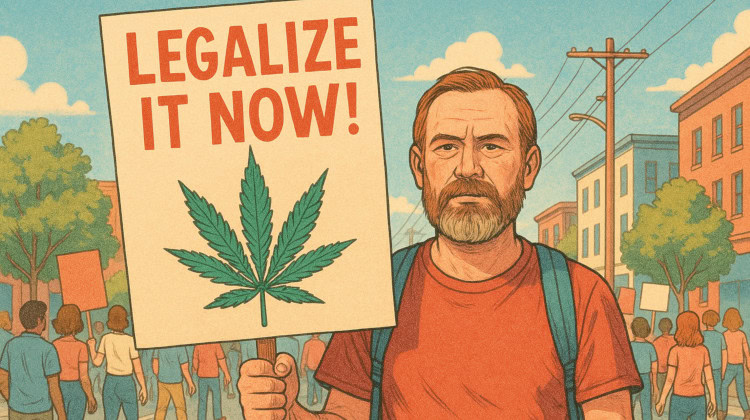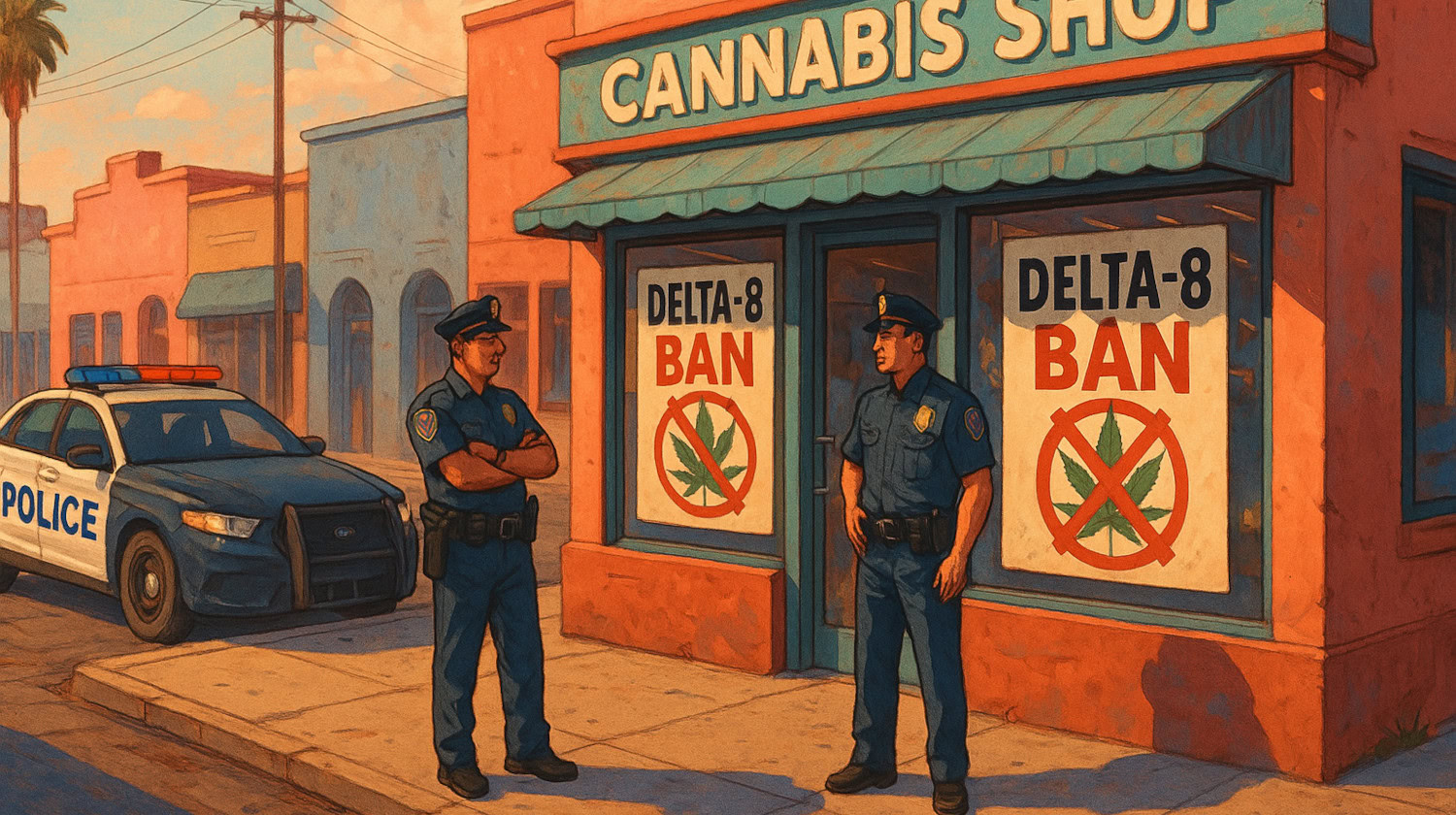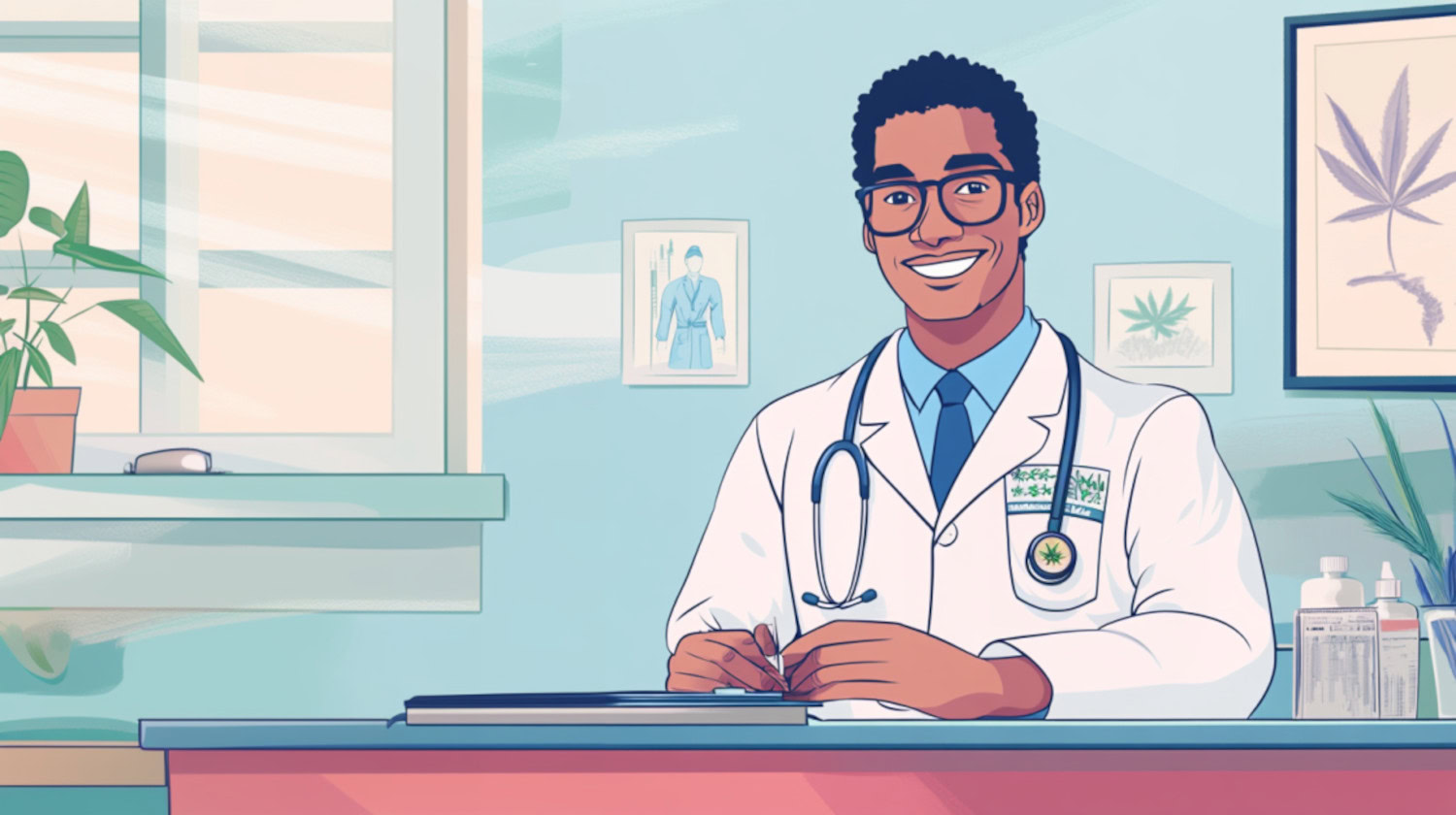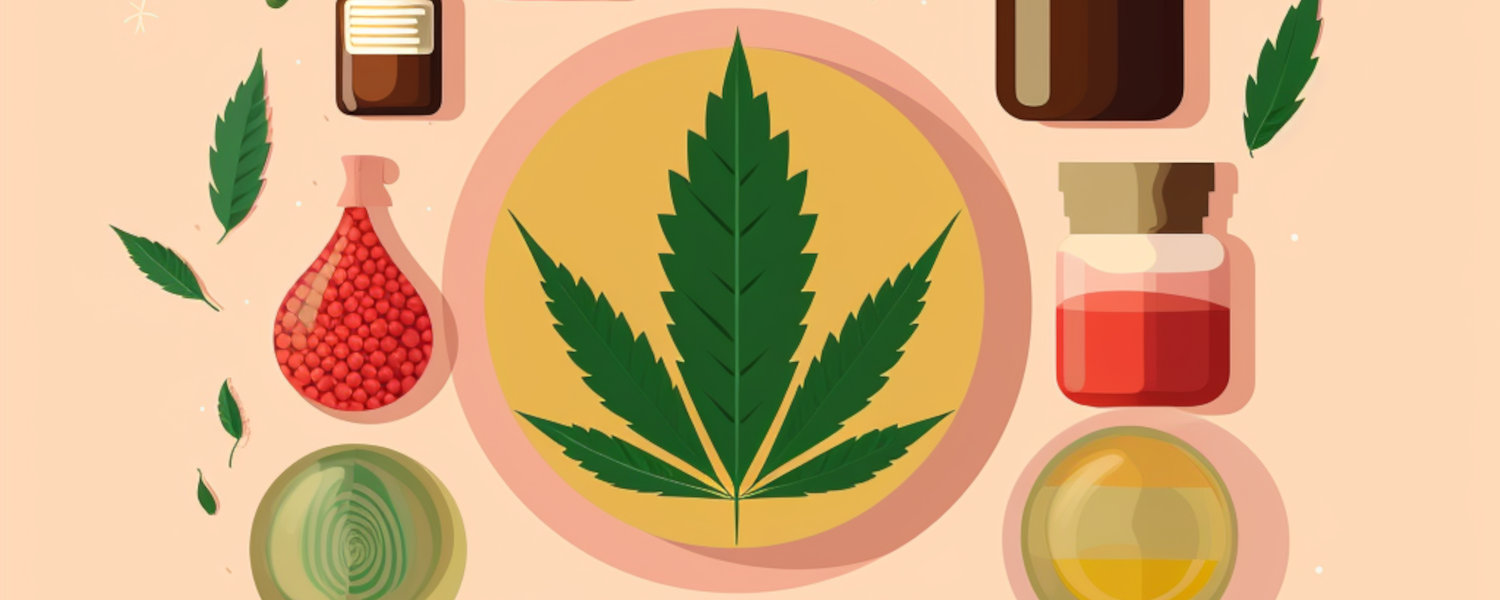Key Takeaways
- Many people find that hemp products provide an accessible alternative where recreational cannabis is illegal.
- Lawmakers in several states believe intoxicating hemp products conflict with the 2018 Farm Bill’s intent.
- As bans increase, patients are exploring other legal options.
The rise of hemp products containing THC and other cannabinoids has made cannabis more accessible nationwide. But in some states, new laws or restrictions have taken these products off store shelves.
If you’ve been relying on hemp THC and your state has passed a hemp THC ban, pulling your go-to products form the shelves, there may be other options for legal access.
Options for Getting Cannabis in a State with a Hemp THC Ban

Consider a Medical Cannabis Card
In states with legal medical cannabis, getting a medical card is often the best alternative to hemp THC. Patients with a card can shop at licensed dispensaries offering a range of lab-tested products.
Some states even allow home delivery, making access easier. Products from licensed dispensaries are required by law to be tested for purity and potency, so you know more about what you’re getting.
To qualify for a card, most patients need a physician’s recommendation. NuggMD can connect you with a licensed doctor in your state for a private telehealth consultation. During your visit, you can ask questions about cannabis, discuss your health history, and see if medical cannabis may be right for you. Even if you’re unsure you qualify, a consultation can help you explore your options.
Try Compliant Hemp Products
Some bans target intoxicating hemp THC but still allow other cannabinoids, such as CBD, which may offer therapeutic effects. If your preferred hemp THC products are no longer available, check for CBD or other non-intoxicating options that remain legal in your state.
In some places, topical hemp products with trace THC are still permitted. These can be applied to the skin for localized relief.
Keep in mind: Many hemp products aren’t regulated like medical cannabis. Many aren’t tested for purity or potency.
Adult-Use Cannabis
If your state has legalized adult-use cannabis, licensed dispensaries may be another option. However, adult-use markets often have higher taxes and stricter purchase limits compared to medical markets.
Purchasing Hemp THC in a Nearby State
While the 2018 Farm Bill legalized hemp nationwide, carrying THC products across state lines can be risky. Some states with hemp THC bans also ban possession. Always check local laws before bringing products home.
Why Do Some States Ban Hemp THC?

When Congress passed the 2018 Farm Bill, the goal was to legalize non-intoxicating hemp. The legislation limits levels of delta-9 THC, the primary psychoactive compound in cannabis, to just 0.3% by dry weight. Most find that such low concentrations of hemp-derived THC in low doses will not result in a ‘high’.
Other intoxicating cannabinoids occurring naturally in hemp, like delta-8 THC, can be converted from CBD in a lab. Courts have ruled this process legal under the Farm Bill, but several lawmakers see it as a loophole.
Another example is THCA, which isn’t intoxicating until heated, when it converts to delta-9 THC. Some view THCA-rich products as exploiting the same loophole.
Because hemp THC products are often unregulated, some states have banned them to protect consumers or their regulated cannabis industries.
While Congress has debated changes to the hemp legalization provisions of the 2018 Farm Bill, the legislation has remained unchanged so far. Consequently, many states have enacted or considered bans on hemp THC and other intoxicating hemp-derived products because of the legislation’s perceived loopholes.
What Can I Do if a Hemp Ban in My State is Proposed?

Progress in easing the prohibition on cannabis has always been achieved thanks to the advocacy and work of committed activists and volunteers. If a hemp THC ban is being proposed for your state, you can contact your state lawmakers to share your views on the issue.
Cannabis policy reform initiatives are often initiated or supported by organizations dedicated to protecting patients’ rights. If you believe cannabis should be accessible to all, consider joining or donating to groups such as Americans for Safe Access, the National Organization for the Reform of Marijuana Laws (NORML), and the Marijuana Policy Project.
The information in this article and any included images or charts are for educational purposes only. This information is neither a substitute for, nor does it replace, professional legal advice or medical advice, diagnosis, or treatment. If you have any concerns or questions about laws, regulations, or your health, you should always consult with an attorney, physician or other licensed professional.




